
USA (USA)


American war, European peace
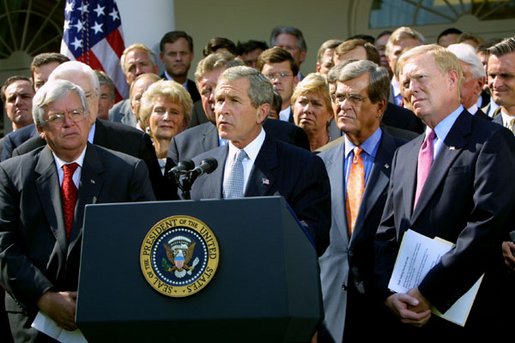
Analysis of the causes of the US military's entry into Iraq in 2003
In March 2003, US troops entered Iraq to conduct Operation Iraqi Freedom to overthrow Saddam Hussein's regime. The event came to public attention as the war in Iraq. It took place during the presidency of George Walker Bush in the so-called war on terror, or terrorism, which was adopted in response to the terrorist attacks of 11 September 2001. It declared retaliation not only to terrorist groups but also to regimes financially or otherwise supporting these groups. The terrorist group Al-Qaeda was blamed for the September attacks, with Afghanistan as one of its training centers and the refuge of group leader Osama bin Laden as the main target of this new form of American foreign policy. However, President GW Bush's speeches on the state of the Union before the US Congress have shown that he will not be left with Afghanistan alone.

Analysis of the causes of the US military's entry into Iraq in 2003
1. Identifying the Causes of War In the first place, in the search for the causes of the Iraq war, the US attempts to demonstrate political and military power by overthrowing the Taliban government in Afghanistan and then overthrowing Saddam Hussein from Iraq. The impetus for these two military operations ( Enduring Freedom and Iraqi Freedom ) was the terrorist attacks carried out under the leadership of the al-Qaeda terrorist group on September 11, 2001. Jan Hallenberg and Håkan Karlsson explained why Iraq was chosen as the second target of the invasion by hated ”Saddam's regime has been in the US interest for a long time, but it was not until the 9/11 attacks that it was possible. In addition, the invasion of Iraq provided another opportunity to demonstrate American strength and readiness to defend its dominant position in the international system.
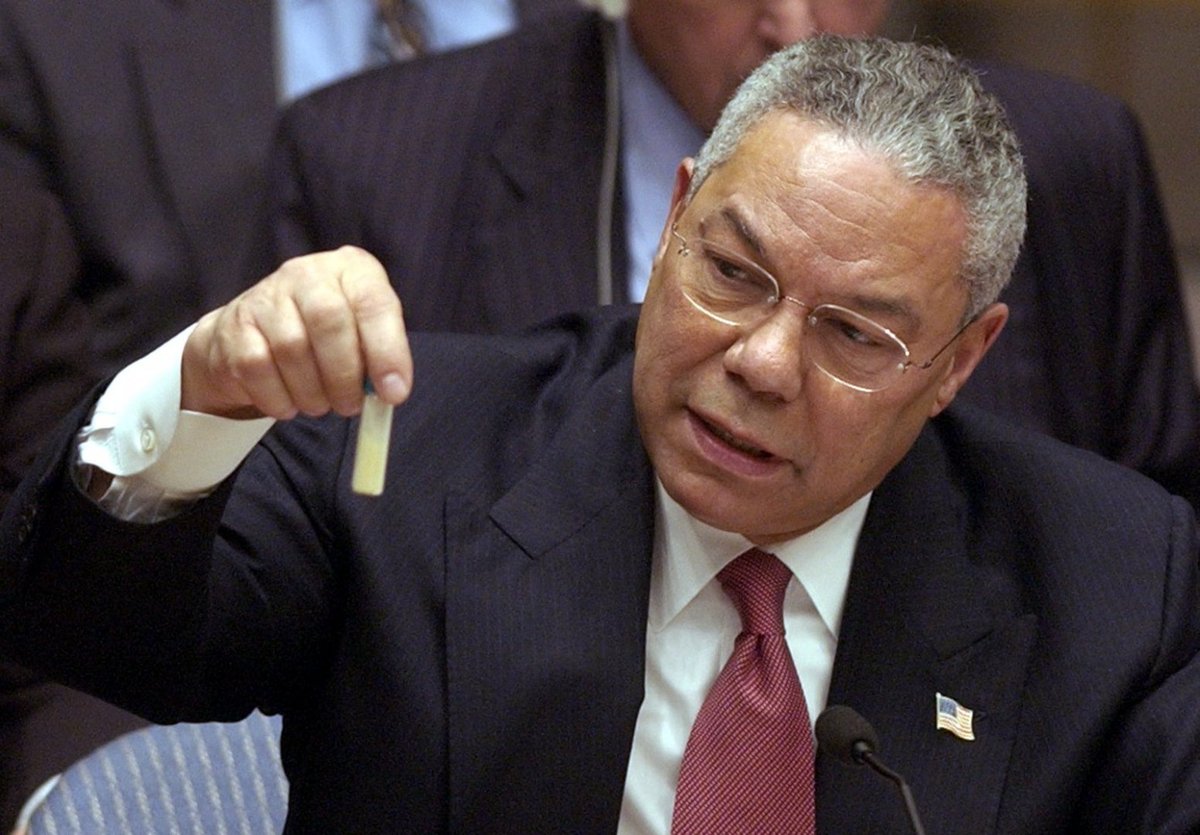
Analysis of the causes of the US military's entry into Iraq in 2003
2. The security causes of the war in Iraq The 9/11 attacks have shown that no country is inviolable, and that a superpower like the United States is no exception. By exposing their vulnerability, the image of a strong state capable of protecting its people from danger was also distorted. There was a situation where Americans began to wonder why they had been hit by the "Black September" tragedy and the state and government had an answer. It was necessary to show the world that although the US terrorist attacks hit hard, the country was ready to face enemies and able to defend the security of the American people, and the response to the attacks was to demonstrate American strength, willingness to go to war, and intimidation of other potential enemies.

Analysis of the causes of the US military's entry into Iraq in 2003
3. Political Causes of the War in Iraq The victory of both the Cold War and the Gulf War evoked a sense of unwavering security in American society, when any threat to the American national interest or the American population itself seemed almost impossible. It was not until the tragedy of 9/11 that this illusion of absolute security was broken. The loss of that certainty brought about by America's past successes in foreign policy has allowed the New Approach to the Middle East to come to the forefront, where it could hardly get earlier due to a lack of public support.
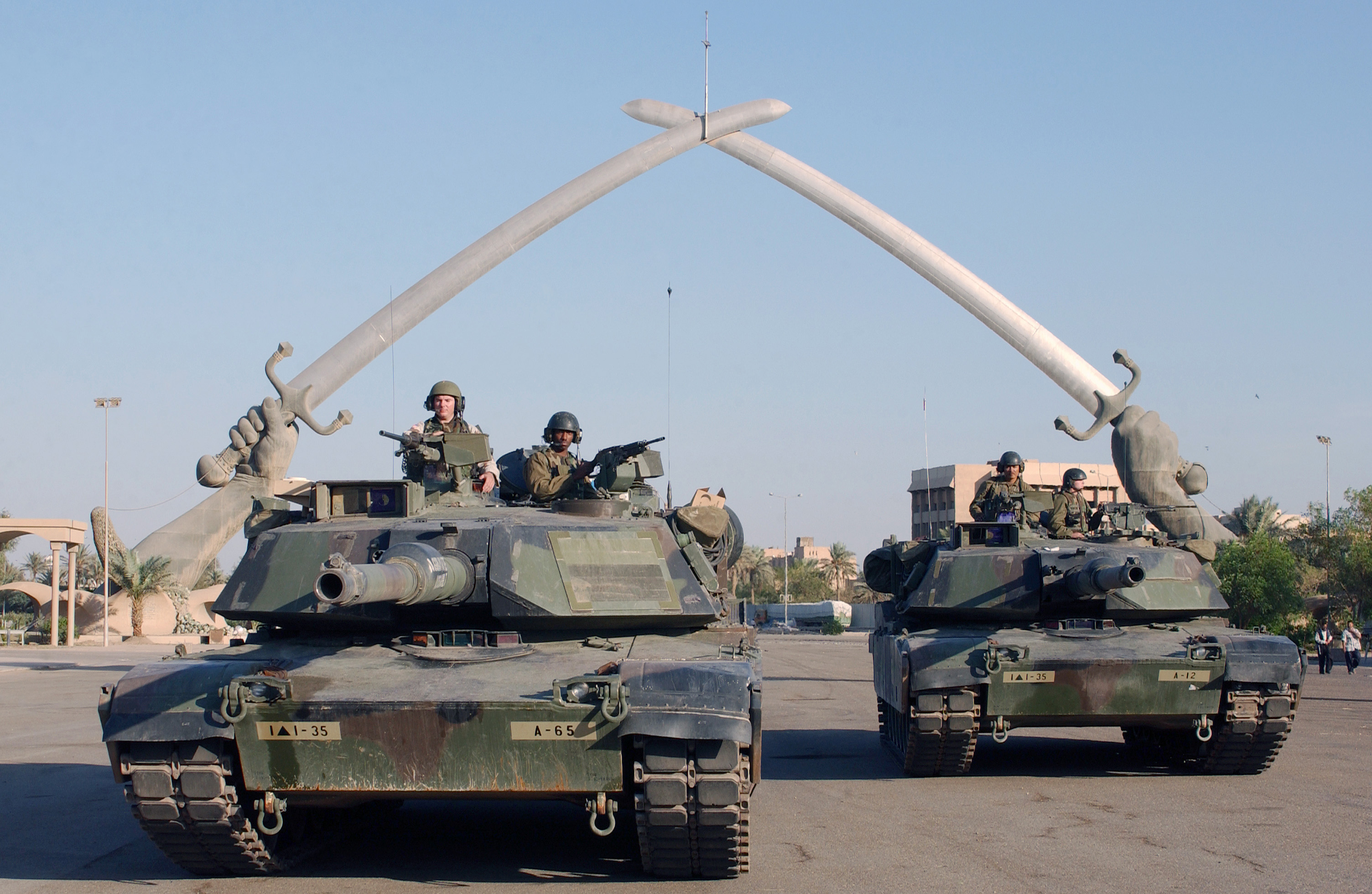
Analysis of the causes of the US military's entry into Iraq in 2003
Conclusion The most frequently mentioned reason for the invasion of Iraq by the US government was the security threat posed by Saddam Hussein through possible cooperation with the al-Qaeda terrorist group and the ownership and development of weapons of mass destruction. However, the investigation of the international inspection teams did not provide direct evidence of the veracity of these allegations, so this most frequently stated reason seems to be relatively unreliable.

Analysis of the causes of the US military's entry into Iraq in 2003
Attachments
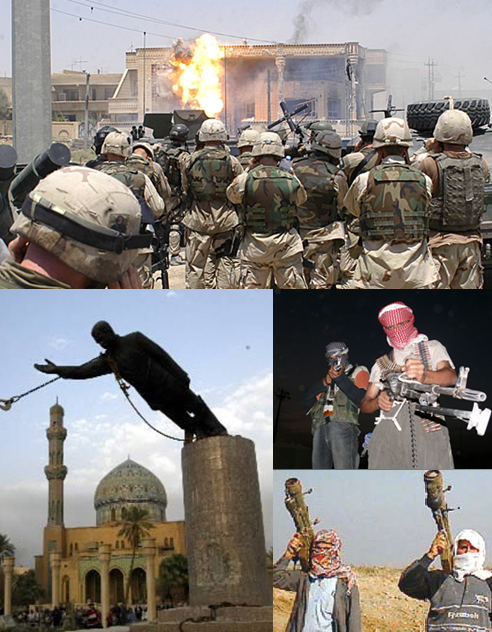
Analysis of the causes of the US military's entry into Iraq in 2003
In March 2003, US troops entered Iraq to conduct Operation Iraqi Freedom to overthrow Saddam Hussein's regime. The event came to public attention as the war in Iraq. It took place during the presidency of George Walker Bush in the so-called war on terror, or terrorism, which was adopted in response to the terrorist attacks of 11 September 2001. It declared retaliation not only to terrorist groups but also to regimes financially or otherwise supporting these groups. The terrorist group Al-Qaeda was blamed for the September attacks, with Afghanistan as one of its training centers and the refuge of group leader Osama bin Laden as the main target of this new form of American foreign policy. However, President GW Bush's speeches on the state of the Union before the US Congress have shown that he will not be left with Afghanistan alone.

Area 51

Argentine - American relations during the military junta

Argentine - American relations during the military junta

Argentine - American relations during the military junta (1976-1983)

Argentine - American relations during the military junta: 2. Development of bilateral relations

Argentine - American relations during the military junta: 3. The reign of Jorge Rafael Videla

Argentine - American relations during the military junta: 4. The period of Viola and Galtieri's reigns

Preceding State Formations

States
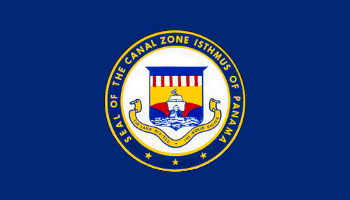
United States Minor Outlying Islands and other overseas territory

Districts

Cities and Villages

Industry

Military Objects
Military Cemeteries

Fortifications

Castles, Chateau, Strongholds

Museums
Join us
We believe that there are people with different interests and experiences who could contribute their knowledge and ideas. If you love military history and have experience in historical research, writing articles, editing text, moderating, creating images, graphics or videos, or simply have a desire to contribute to our unique system, you can join us and help us create content that will be interesting and beneficial to other readers.
Find out more